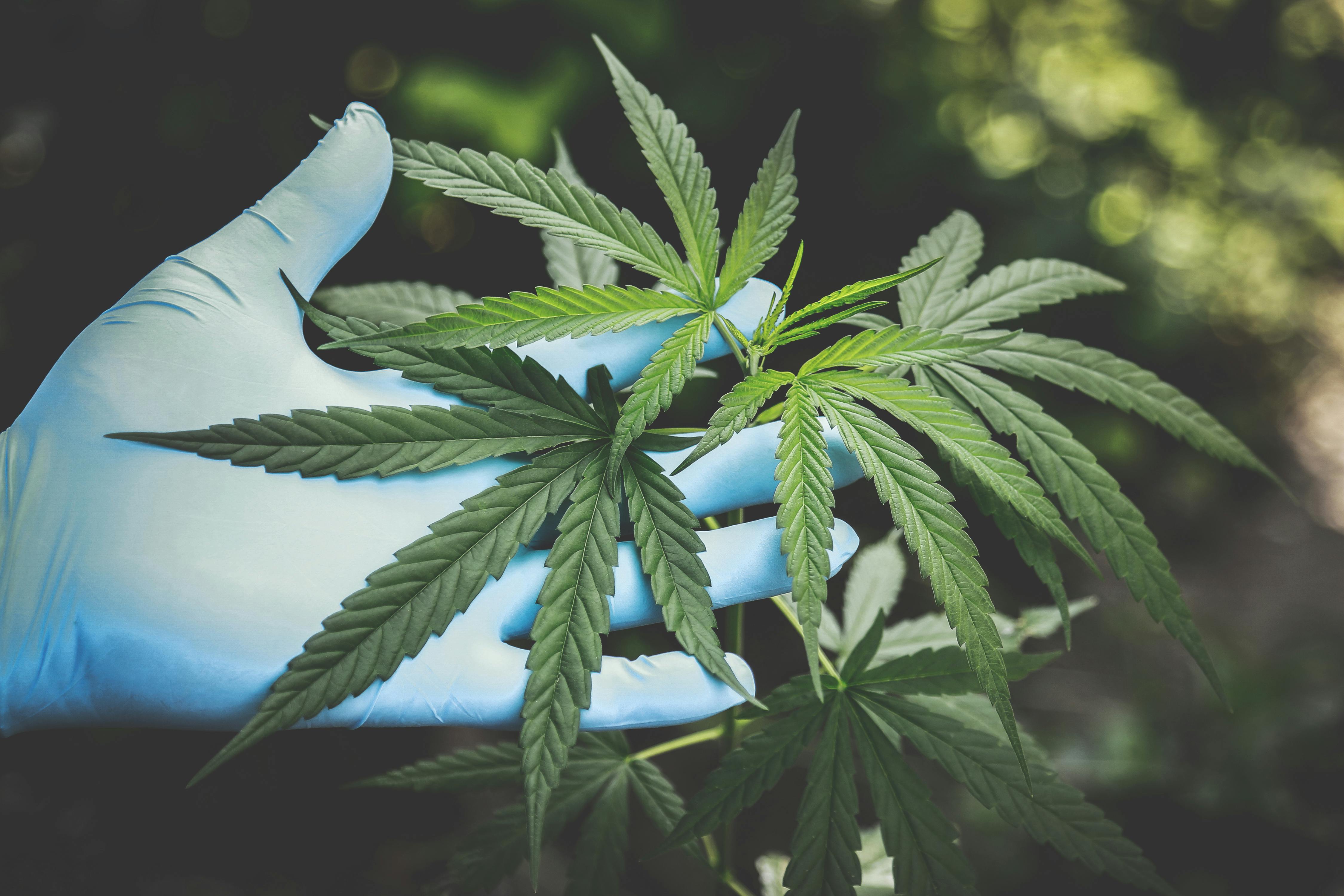Cannabis Businesses Struggle to Advertise in a Heavily Regulated Society
The cannabis industry is one of the fastest-growing markets in the world, but it faces unique challenges, especially when it comes to digital marketing and advertising. While businesses in other sectors can leverage a wide range of digital platforms to reach their target audience, cannabis companies often find themselves restricted due to legal and regulatory hurdles. In this blog, we’ll explore the difficulties that cannabis businesses face in the realm of traditional digital marketing and advertising, and discuss potential strategies to overcome these obstacles.
1. Stringent Advertising Restrictions
One of the most significant challenges for cannabis businesses is the strict advertising restrictions imposed by major digital platforms. Companies like Google, Facebook, and Instagram have policies that severely limit or outright ban cannabis-related advertisements, regardless of the legality of cannabis in certain regions.
Challenge: These restrictions make it difficult for cannabis businesses to run paid ads, limiting their ability to reach new customers and grow their brand.
2. Navigating Complex Legal Landscapes
The legality of cannabis varies widely across different countries, states, and even local jurisdictions. This patchwork of regulations makes it challenging for cannabis businesses to develop a unified digital marketing strategy that complies with all relevant laws.
Challenge: Businesses must invest time and resources into understanding and complying with the specific legal requirements of each market they operate in, which can be both costly and complex.
3. Limited Access to Traditional Marketing Channels
Traditional digital marketing channels, such as Google Ads and Facebook Ads, are largely off-limits to cannabis businesses. This restriction forces companies to explore alternative marketing methods, such as content marketing, influencer partnerships, and organic social media engagement.
Challenge: Without access to mainstream advertising channels, cannabis businesses must be creative and resourceful in finding ways to promote their products and services.
4. Stigma and Public Perception
Despite the growing acceptance of cannabis, there remains a stigma associated with the industry. This stigma can impact how cannabis businesses are perceived by the public, partners, and even potential employees.
Challenge: Overcoming negative perceptions requires a thoughtful branding strategy that emphasizes the legitimacy, safety, and benefits of cannabis products.
5. Difficulty in Building Trust and Credibility
Due to the regulatory environment and public perception issues, cannabis businesses often face challenges in building trust and credibility with their audience. Establishing authority and trustworthiness is essential, especially in an industry where misinformation is common.
Challenge: Cannabis businesses must focus on transparency, education, and consistent communication to build trust with their audience and differentiate themselves from less reputable competitors.
Conclusion
The cannabis industry presents unique challenges when it comes to digital marketing and advertising. However, by understanding the limitations and navigating them with strategic, creative approaches, cannabis businesses can still effectively reach their audience and grow their brand. It’s essential for these businesses to stay informed about the ever-changing legal landscape, invest in content-driven marketing strategies, and work to overcome stigma through education and positive messaging.
Let us help you advertise your cannabis business today; are you a cannabis business struggling with digital marketing and advertising challenges? Contact Neon Forge Digital to learn how we can help you navigate the complexities of this unique industry and achieve your marketing goals.



